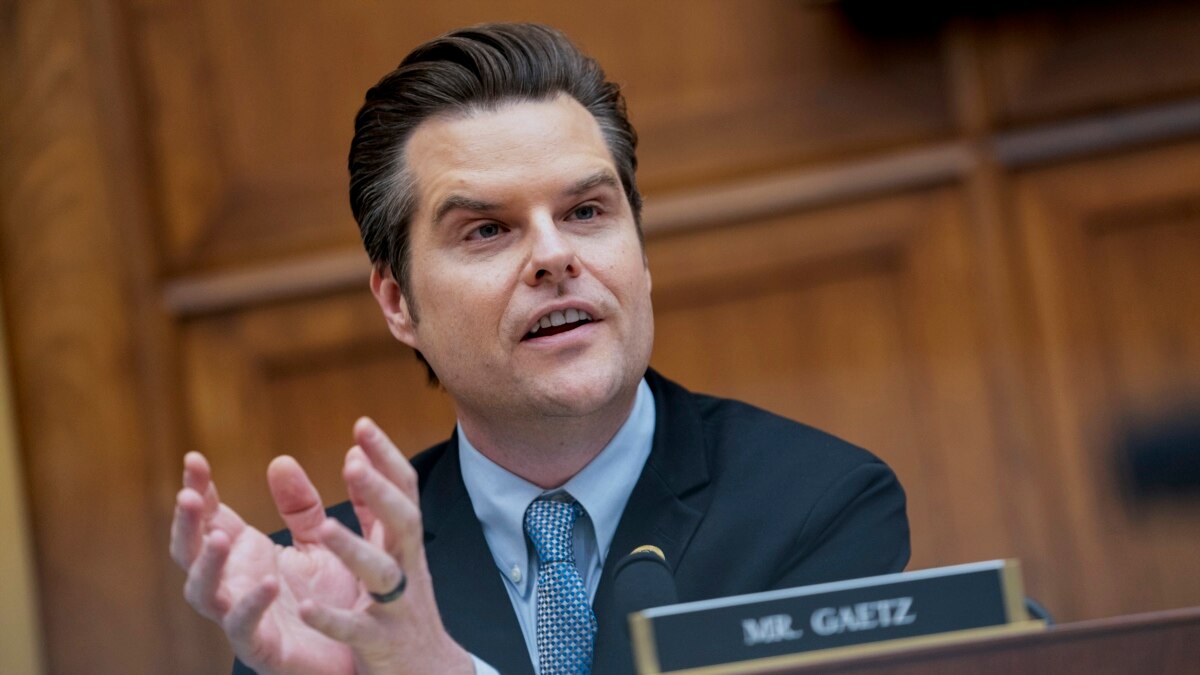Finance Minister Ken Ofori-Atta has called on the private sector to join hands in a collaborative effort with government towards ensuring sustainable economic growth.
Addressing a landmark gathering of key government officials, industry leaders, and international partners at the inaugural Ghana Mutual Prosperity Dialogues (GMPD) yesterday, the Finance Minister emphasised the importance of the collective and focused efforts of government and private enterprises, to foster mutual economic prosperity.
“I am of the firm belief that the conversations that we are starting today are not just a bold step in the right direction; it also marks a new phase of deeper collaboration between the public and private sectors at the highest levels. It is our expectation that this will fundamentally shape the landscape and converge our efforts towards what is necessary in terms of plans, policies, programmes and timelines to accelerate the turnaround and transform the business landscape for entrepreneurship,” he said.
The event, which brought together five cabinet ministers, over 20 heads of key government institutions; and more than 200 CEOs, MDs and high level industry executives, stands as a substantial milestone in the country’s quest for mutual prosperity through public-private partnership.
This holds special significance coming after the nation’s recent macroeconomic challenges, further indicating the dogged determination, thought leadership, and focused efforts to surmount the challenges and pave the path toward a mutual and sustainable plan for prosperity.
Also present at the Dialogues was the Minister of Food and Agriculture, Brian Acheampong; Minister of Trade and Industry, Kobina Tahir Hammond; Minister of Tourism, Arts and Culture, Dr Ibrahim Mohammed Awal; Minister of Information, Kojo Oppong Nkrumah; Minister of State at the Ministry of Finance, Dr Mohammed Amin Awal; Deputy Minister of Finance, Abena Osei-Asare; C.E.O of the Association of Ghana Industries (AGI), Seth Twum Akwaboah; Senior Country Manager of the International Finance Corporation (IFC), and many other well-known dignitaries and business leaders.
Ms Abena Osei-Asare, on her part echoed a similar call for cooperation, emphasising the pivotal role of the private sector in the nation’s economic framework. She stated, “the private sector is the backbone of our economy. By working together and harnessing our collective strengths, we can create an environment conducive to investment, innovation, and job creation.”
Mr Hammond stressed the importance of establishing a conducive environment to promote the growth of private enterprises. According to him, this is the sole means by which the private sector can take a leading role in generating employment opportunities. He emphasised that by the conclusion of the upcoming year, the garment industry should be capable of offering employment to as many as 30,000 individuals. He stressed that this highlights the critical role that a supportive business environment plays in job creation and the development of specific industries.
Mr Akwaboah on his part, underscored the private sector’s strong willingness to collaborate more closely with the public sector. He emphasised that the private sector is always ready to join hands with the public sector, to drive economic growth and facilitate the generation of employment opportunities. He further stressed that it is crucial for the government to extend all possible support to ensure the private sector’s success and expansion.
Additionally, Mr. Kyle Kelhofer, Senior Country Manager of the IFC for Ghana, Benin, Liberia, Sierra Leone, and Togo; recognised the current watershed moment as an opportune one for the business sector. He pointed out that the present time represents a critical window of opportunity for the business community. He asserted that this is a pivotal period during which the business sector can and should take a leading role in driving economic growth and job creation.
Mr Kelhofer shared that this could be achieved by “leveraging the current period of enhanced stability and capitalising on the improved macroeconomic conditions,” with emphasis on the business sector’s potential to contribute significantly to the nation’s prosperity capitalising on an opportune and favorable economic climate.
The event, curated to diverge from the oft one time conversations on growth, concluded with the unification of public and private sector participants around a common vision for advancing economic growth.
In this shared vision, both public and private sectors are committed to stronger collaboration to spur investments, foster innovation, and create new employment prospects.
Next steps outlined at the end of the event to help manifest this shared vision included the creation of a secretariat to ensure continuity and accountability. Follow up technical and sector based dialogues were also announced to occur within the next few weeks, towards the objective of unravelling and resolving the binding constraints to growth in the Ghanaian economy.









